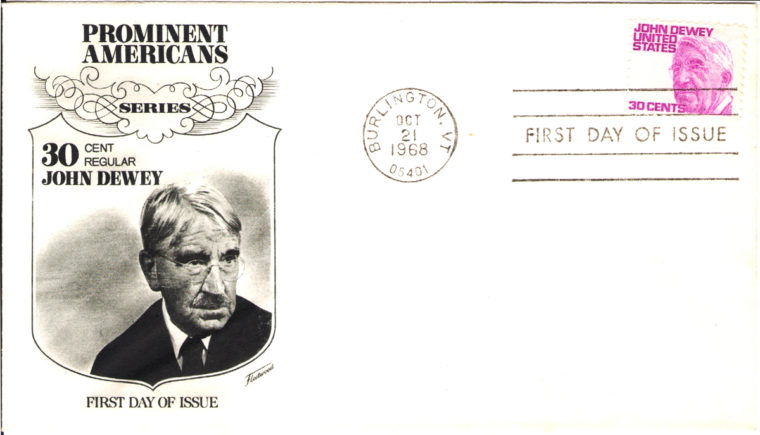
November 23rd, (updated), I’ll be heading to Biloxi, MS to give an interview on WLOX’s News at 4 show. After each I’ll be holding a book signing, though only the one in Tupelo has been scheduled at this point.

In “The Search for the Great Community,” from The Public and Its Problems, John Dewey argues that democracy’s prime difficulty has to do with how a mobile, complex, and many layered community can come to define itself and its interests. He believed that the key to addressing democratic challenges was to make use of democratic means, particularly communication. Democracy can embody wise leadership, but only with widespread, maximally unhindered communication, especially emphasizing the developments of human knowledge — the sciences, broadly speaking. For that reason, it is a clear and crucial extension of his democratic theory to value the public engagement of scholars with their communities.
When Dewey referred to public engagement, however, that did not mean only a one-way street. Communication takes listening too. So, the point isn’t only for scholars to speak to audiences, but for them also to learn from the people. When I write, I draw increasingly often from newspapers and magazines to illustrate my points about what people are saying and experiencing beyond the academy. Scholarly research is vital, but so is the world beyond the academy. Some circles have criticized me for it in peer-reviews, but so far I haven’t let that dissuade me from seeing scholars’ task as needing to draw also on sources and input from beyond the academy. In addition, talking with people around Mississippi and in other states about my work has revealed all kinds of interesting insights. Some people offer me great examples that I can use to strengthen my points. Others highlight challenges for bringing about the kinds of changes that I believe are needed.

With the help of a student research assistant, I wrote to a handful of TV news outlets to let them know about my latest book, a work of public philosophy — Uniting Mississippi: Democracy and Leadership in the South. In the letter, I explained a little bit about the book, as well as my interest in getting the word out about the issues it covers. I then enclosed a nice brochure about the book that the University Press of Mississippi designed for it. Finally, I included an abbreviated 1-page press kit, as well as a short, 1-page set of “interview resources,” that I learned about from Michael Hyatt’s book. The letters went out in the last two weeks. A little over 10 days later, I got calls and emails from two TV stations inviting me for interviews. It worked.
I’ve said it before, but it bears repeating: The point of public engagement as a scholar is not in itself to get attention, money, or fame. The latter two are highly unlikely anyway. The point is to get our ideas out there and to learn from others through that engagement. If the ideas that we develop in the academy are worthwhile, then they’re worth some effort to spread the word about them. Benefits come from doing these things, but by far the greatest of these are the effects, however small, that we can have on our culture and the relationships we can expand and develop through the effort to speak up about issues that we care about and study.
Tell me on my Facebook page or on Twitter about your public writing and engagement.




 About Me
About Me